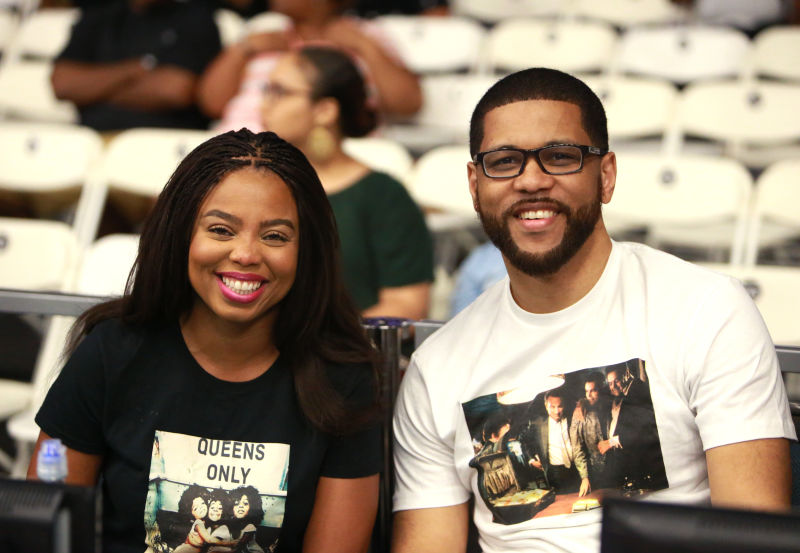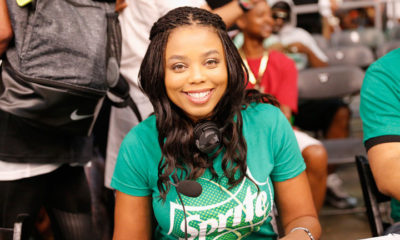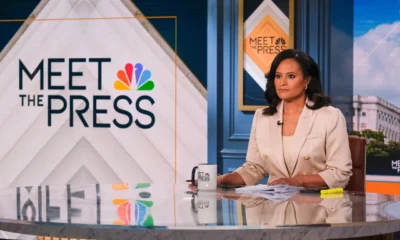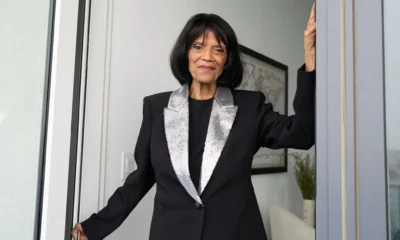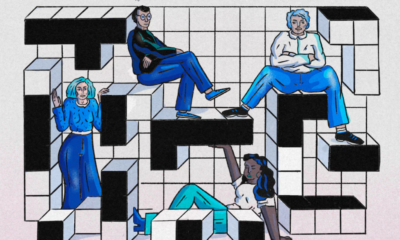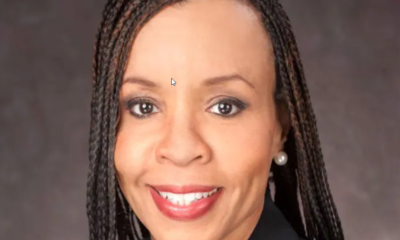Black Women in the News
Jemele Hill and the Social Burden of Being a Black Woman in Media
When the situation involving Jemele Hill, ESPN and Donald Trump first made headlines, I remember being grateful that I work for a black media outlet. Day after day, I write posts that include news about the Trump administration, and in each of those posts, I ridicule the president and his administration while simultaneously calling out the systemic racism that he and his cronies perpetuate and uplift.
Unless I specifically libel or otherwise defame the president and his administration, I don’t have to worry about being forced by my company to apologize for speaking the truth. I wanted that for Jemele Hill.
In the time since her tweet about Trump got the president and his amen choir all up in their feelings, Hill has continued to tweet. She’s continued to do her thing and speak her mind, but there seems to be an air of caution around her now.
This is the social burden of being a black woman with a large platform and an engaged social media presence: People are constantly trying to shut you down when your opinions and your thoughts are too big for them to handle. When that happens, they will personally attack you, your family, the people you love, and they will almost always go after your job. That is what they did to her.
The sad part is, we are talking about her First Amendment rights, and for us as members of the media and the press, our jobs rely on that same First Amendment just to exist. Yet, even with that being true, Hill has been told over and over again that she needs to apologize.
In a recent commentary written for The Undefeated, Hill discusses the …
Please read original article- Jemele Hill and the Social Burden of Being a Black Woman in Media



